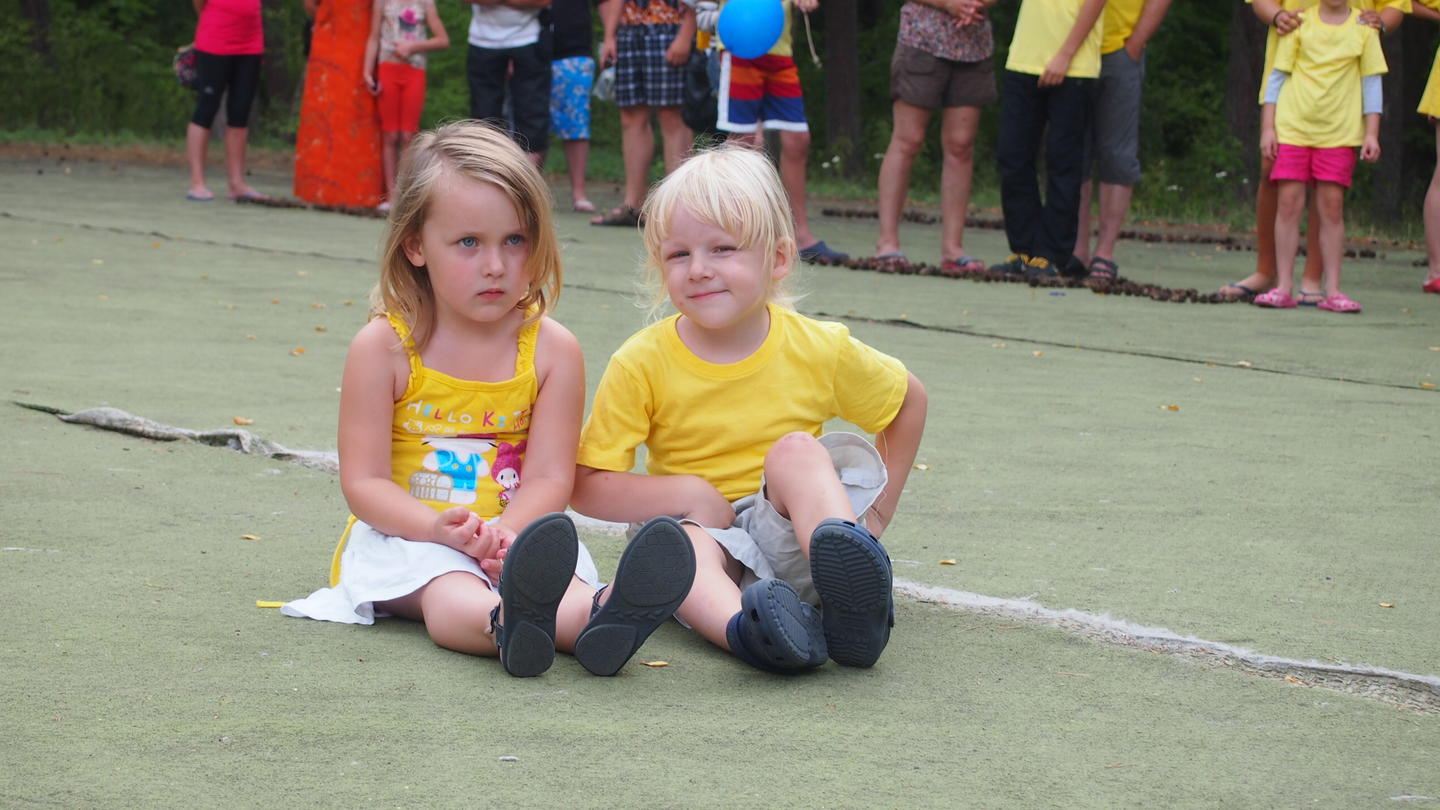“When we came back from the doctor’s office we felt very much alone. Our one year old daughter had been diagnosed with a hearing impediment, and we did not know where to turn for more information about her condition or where to get help,” says Vaida Maziukienė.
Indrė Petkevičienė had the same experience when her then eight months old son was diagnosed with severely impaired hearing:
“We ended up taking a break in our studies and quitting our jobs in order to be able to find out how to best help him. In my opinion, information and contact with designated professionals should be the first steps for families where the child has been diagnosed with impaired hearing.”
Petition
Under the NGO programme in Lithuania, the Lithuanian Association of Families with Deaf and Hearing Impaired Children (PAGAVA) is receiving approximately €40 000 to help change this situation. As part of the project, the organisation put up an online petition calling for an end to discrimination of deaf children and their families. The petition got more than 1300 signatures. Through the project, PAGAVA also advocates for a new model for the provision of health and social services to make sure that families with hearing impaired children get the support they need, and that they get it early.
“As it is now, parents very much feel left alone after they get the message that their son or daughter has a hearing impediment. They are shocked and have no idea what to do next,“ explains vice chairwoman of PAGAVA Joana Vanagienė.
Visiting Norway
For inspiration on how to best help these families, PAGAVA is looking to Norway. With support from the Lithuanian bilateral fund, two specialists from the organisation went on a study trip to Oslo to learn more about Norway‘s approach to helping families with hearing impaired children. And although Lithuania still has a long way to go, there are some signs that things are getting better says PAGAVA‘s chairwoman Rima Sitavičienė:
"Lithuania has started with universal hearing screenings for new-borns. With the support from the EEA Grants, we hope to make sure that this positive development continues.“
Read more about the Lithuanian NGO programme
